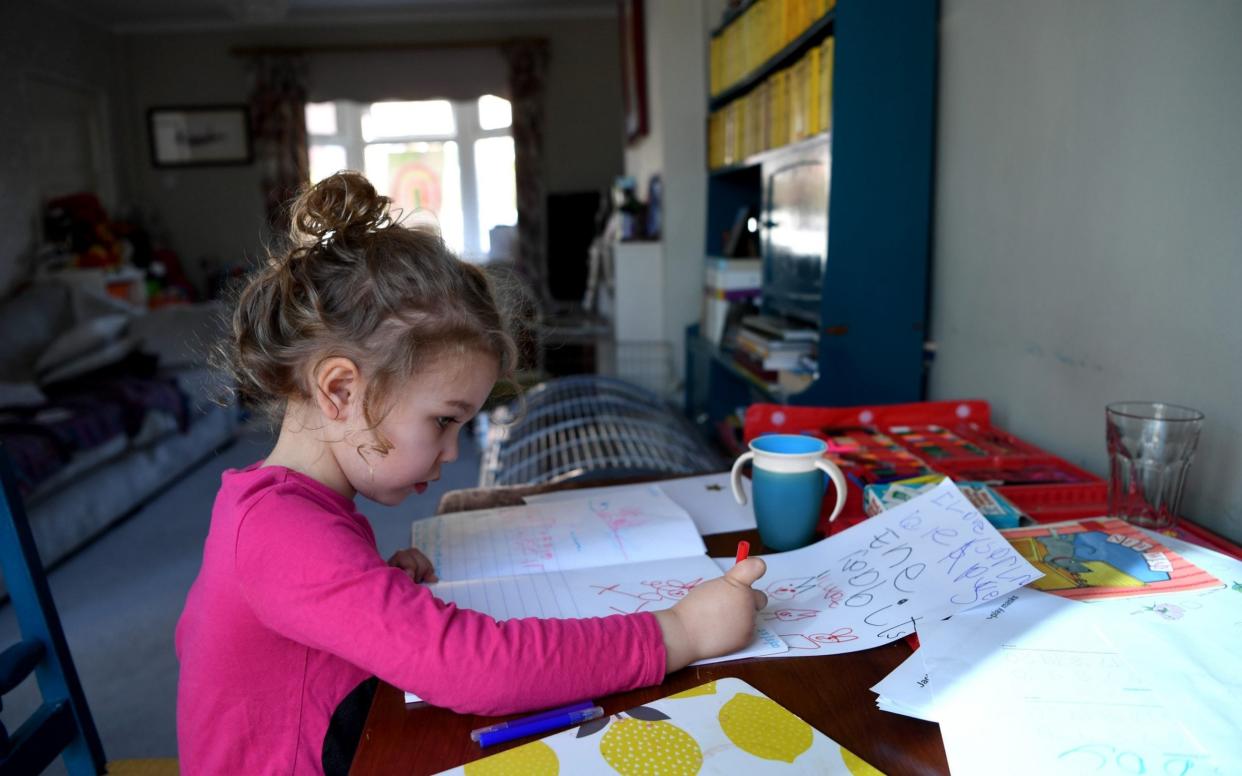Secondary school children felt happier and less worried during the course of lockdown, study finds

Secondary school children felt happier and less worried during the course of lockdown, an Oxford University study has found.
The “emotional difficulties” faced by teenagers reduced as time went on, researchers found but the opposite was true in primary school pupils who felt increasingly unhappy and worried.
For this age group, their behavioural difficulties, restlessness and attention difficulties all increased over time with the proportion of children having significant difficulties, increasing by as much as 35 per cent.
Over 11,500 parents were asked about their children’s behaviour during lockdown and their responses were analysed by a team of psychologists at Oxford University who are investigating the impact of the coronavirus pandemic on young people's mental health.
The study will continue to survey parents to see whether behaviour patterns among children and teenagers change now that schools have reopened.
Prof Cathy Creswell, an expert in developmental clinical psychology at Oxford who is co-leading the study, said: “These findings highlight not only the huge variation in how children and young people have been coping throughout the pandemic but also how pre-existing vulnerabilities associated with inequality have continued during the crisis.
“It is crucial that we continue to build understanding of who has been most impacted by this challenging situation so that effective action can be taken.”
Researchers found that behaviour issues among primary school children were worse among those from deprived families during lockdown, with around two and a half times as many children experiencing significant problems in low income households.
Parents from disadvantaged families reported that their children had higher levels of emotional difficulties, such as feeling unhappy or worried, than their wealthier peers. Their children were also more fidgety and restless and had greater difficulty paying attention.
Those with younger, primary school aged children also reported that their children had worse behaviour patterns, including temper tantrums, arguments and not doing what they were being asked to do by adults than those from more privileged backgrounds.
Andy Bell of the Centre for Mental Health, said the pandemic has "reinforced" the divide between rich and poor.
"The pandemic and the lockdown have already had a significant impact on children’s mental health across the country," he said.
"Every family and every child’s experiences are unique to them, but this and other research points to a worrying rise in distress overall, and a chasm between the most and the least deprived children and families."

